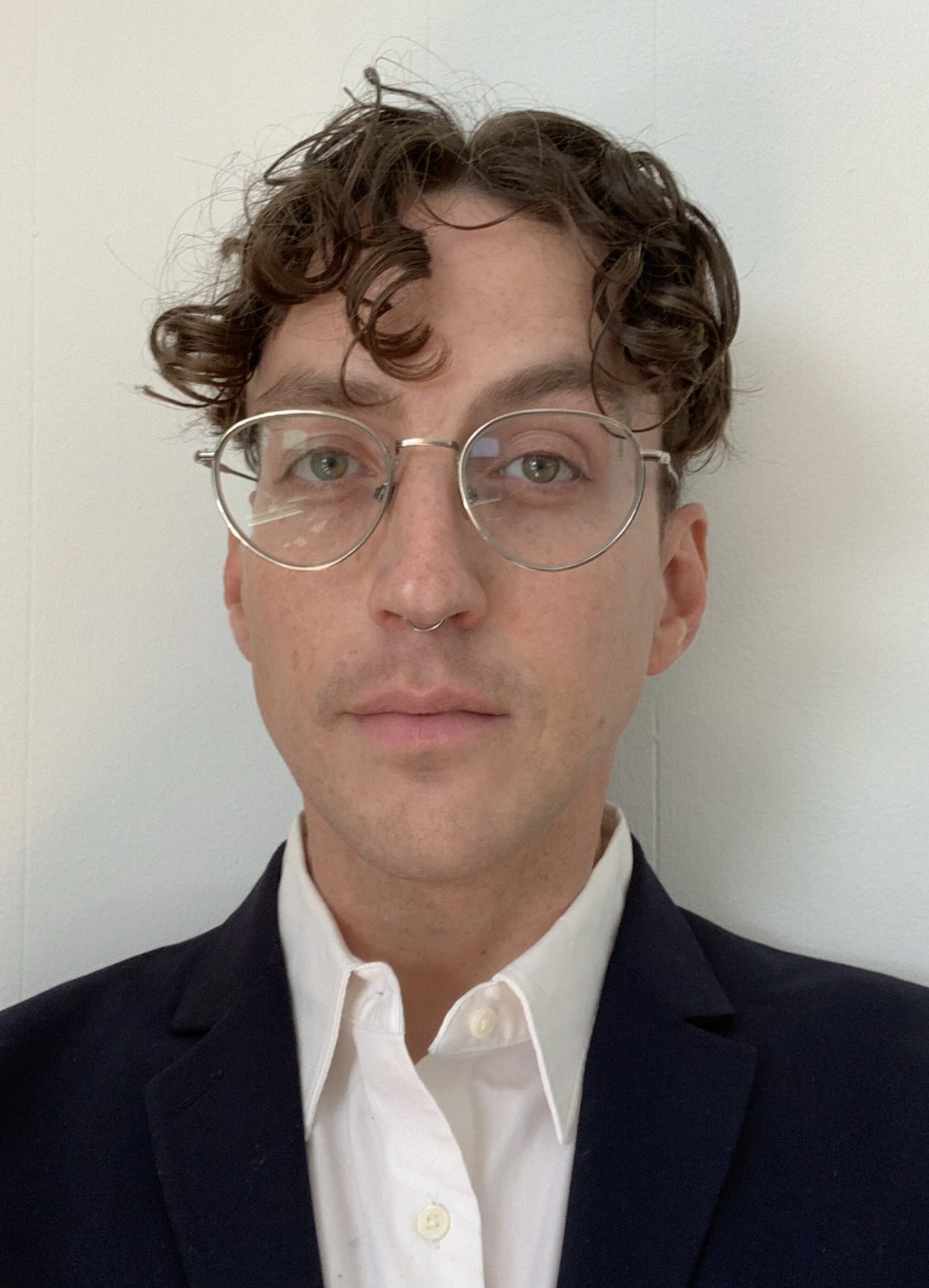3L David Imhoff Investigates Links Between Climate Change and Migration in Honduras

Through the human rights fact-finding track of the Refugee and Human Rights Clinic, third-year law student David Imhoff visited Honduras and undertook complex field research in Spanish to help climate-impacted refugees.
3L student David Imhoff discusses his work gathering evidence in Honduras to support the claims of asylum seekers as part of the Refugee and Human Rights Clinic.
- Conducted human rights research in Honduras that will be used as evidence in asylum litigation and policy advocacy.
- Field research included interviews with government officials, justice workers, human rights defenders, and members of civil society.
- The trip provided direct experience that supports Imhoff’s aspirations to work as an immigration lawyer.
3L David Imhoff:
Working with another student and staff from the Center for Gender & Refugee Studies (CGRS), I conducted field research on the connections between climate change, displacement, and migration in Honduras. In the absence of a comprehensive framework in U.S. or international law to address climate-based displacement, CGRS will use the data we collected to support asylum practitioners litigating novel claims and to advocate for new forms of relief for climate-impacted asylum seekers.
I completed this project as part of the human rights fact-finding track of the Refugee and Human Rights Clinic (RHRC). In addition to deepening my substantive knowledge of asylum and refugee law, I learned how to conduct complex factual and legal research—including through direct interviews—in Spanish.
Together we planned and conducted 16 in-country interviews with government officials, justice workers, human rights defenders, and members of civil society. Following the weeklong research delegation, we created annotated transcripts of every interview and synthesized our findings in a final report.
The information we gathered before and during the delegation is available for CGRS to use in country conditions declarations and policy advocacy materials to expand asylum access for persons displaced by climate change, and it provided important evidence for asylum litigation.
CGRS is a national leader in the asylum space. The organization litigates at all levels to defend asylum protections and provides resources to advocates across the US and internationally who are representing asylum seekers.
I don’t know of any other law school clinical offering quite like the RHRC at UC Law SF. As I prepare to enter practice in immigration law, it was a gift to get to learn directly from people on the ground in Honduras and to contribute to research that has an impact on the field.
The RHRC enriched my understanding of the regional dynamics that drive migration from Central America and helped me the develop the skills and confidence to work with Spanish-speaking clients.
The Evidence of Success series highlights UC Law SF students as they share how the college’s opportunities equip them with the experience, skills, and confidence to excel in the legal profession.